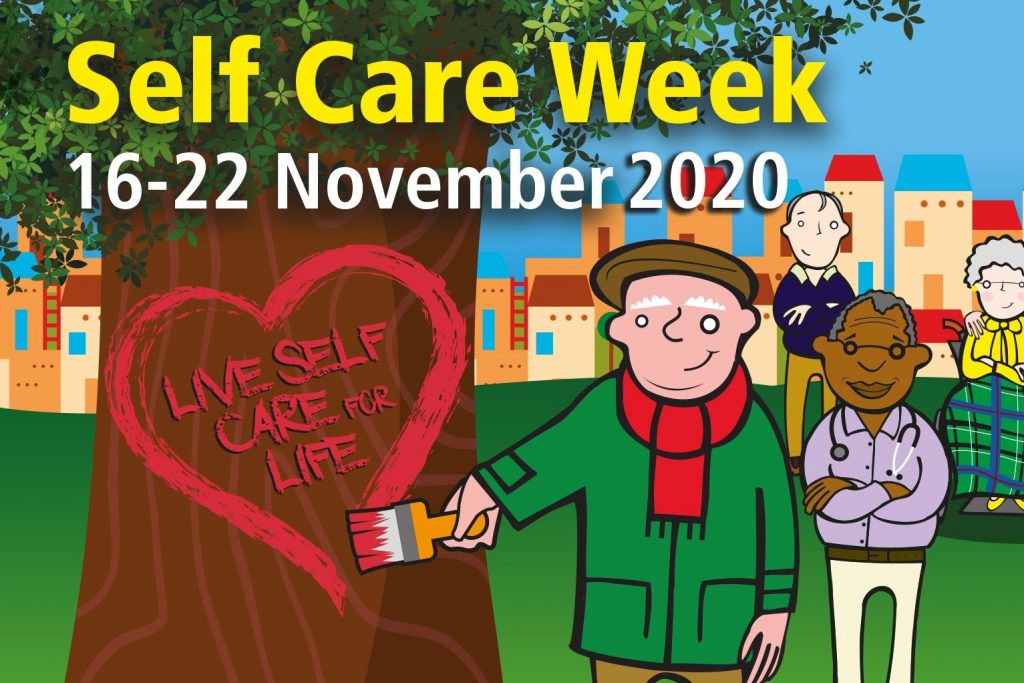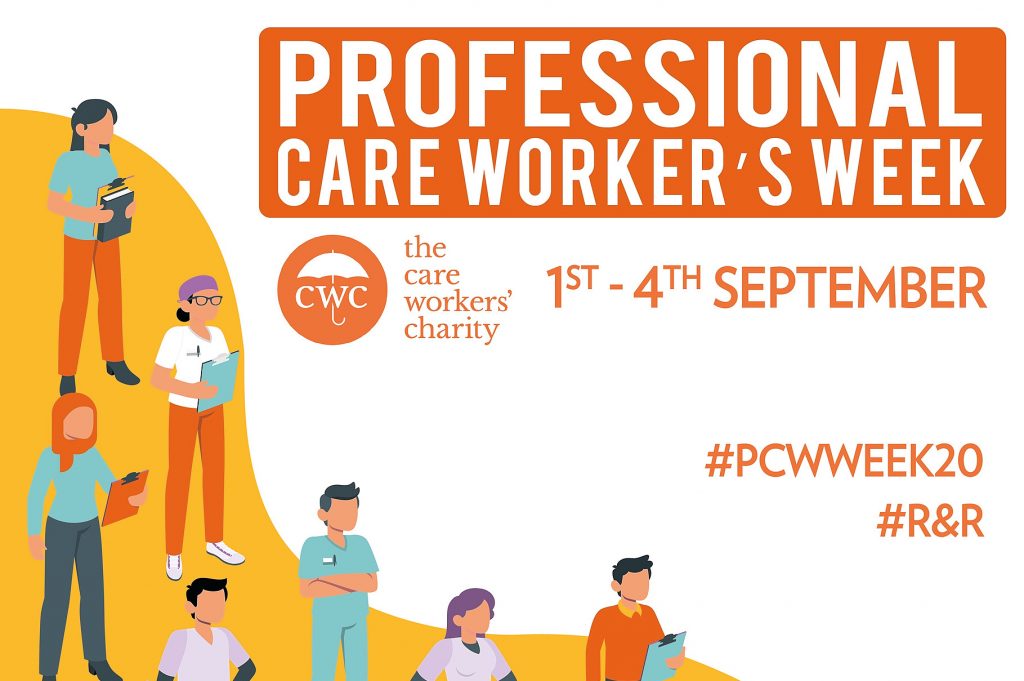Self Care Week has been organised annually by the Self Care Forum since 2011. Its aims are to raise awareness of and embed support for self care across communities, families and generations. This year’s theme is ‘Live self care for life.’
Prior to the first official ‘lockdown’, Hertfordshire County Council took the decision to cease monitoring visits for residential and nursing homes to minimise infection risks. In normal circumstances, Bryony Morris's team would undertake these monitoring and quality assurance visits. In their absence, they soon realised how important it was to make sure care providers continued to feel supported - and they had a plan...
Pop up care homes? Is that a thing? It is now! Tim Baverstock, Deputy Director for Adult Social Care at Somerset County Council, explains how collaboration, goodwill and the determination to get things done created additional resources to cope with increased demand caused by the coronavirus pandemic.
As we continue to fight the threats posed by COVID-19, the concept of place is more important than ever. Just before lockdown, SCIE was set to launch a new report on place-based approaches to health and social care. Like many events at the time, the launch event for the report never occurred. Ewan King ponders what happened next...
Important work to address workplace equality standards for Black, Asian and Minority Ethnic staff is being lead by the office of the Chief Social Workers for Adults. Social workers and other social care professionals will benefit. Existing approaches to achieving this equality were not bringing about change fast enough, requiring a new action orientated, solution-focused approach. Find out more...
A few months ago, Think Local Act Personal (TLAP)'s Tim Parkin wondered whether their insight group was a foolhardy enterprise or demonstrated remarkable foresight. With the publication of the group’s report into the effects of the pandemic on people who access care and support, as seen through the lens of personalisation, he offers a few observations on the journey and thoughts for the future.
Anyone working in the care sector – and in residential care settings in particular – knows how vital infection prevention and control is in keeping residents, staff and visitors safe and well. The continued prevalence of COVID-19 in our communities only heightens our collective awareness of this essential line of defence. Back in April, Ruth May, Chief Nursing Officer for England, issued a call to action to CCGs tasking them to deliver ‘train the trainer’ sessions on infection prevention and control to all care homes by the end of May.
This time last year, no one could have anticipated the world would soon be in thrall to a viral pandemic – one which would affect the lives of all of us in multiple and prolonged ways. In Hertfordshire though, they have a reputation for adapting to the challenging, the complex and the unexpected…
This week, the Department of Health and Social Care published a new PPE (personal protective equipment) strategy, which sets out how PPE will be delivered to the health and social care frontline until the end of March 2021. This is a good opportunity to firstly thank the health and care workforce for everything they do - and have done - during the exceptional circumstances we all find ourselves in.
Professional Care Workers’ Week (1-4 September) happens every year. Although in its relative infancy, the events of the last few months have made these dedicated days of awareness raising more vital than ever. Karolina Gerlich, Executive Director of the Care Workers' Charity explains why she wants to see the care and support sector adopt, support, and promote the week’s themes, values and aspirations.









